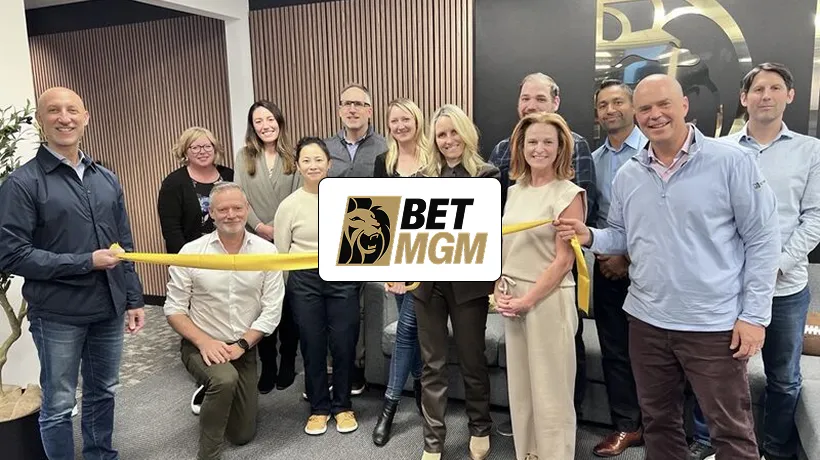Brazil’s betting operators are pushing back against Finance Minister Fernando Haddad’s plan to double their tax burden. The government wants to raise rates from 12% to 24% on gross gaming revenue.
Companies operating in Brazil’s regulated market have brought a counter-proposal to Congress. They’re willing to pay taxes they never paid before.
Most of these operators ran their businesses from offshore jurisdictions for years before Brazil created its regulatory framework. Now they’re offering to settle those old debts.
Why This Tax Fight Matters Now
Haddad needs money. Fast.
The government just expanded income tax exemptions for workers earning up to BR5,000 monthly (about $930). That decision created a massive hole in federal revenues. And betting taxes look like an easy target to fill it.
But operators don’t want a permanent rate hike. They’ve been lobbying hard for an alternative that won’t cripple their margins long-term.
Federal Revenue Secretary Robinson Barreirinhas said earlier this year that offshore operators always owed Brazilian taxes. “If they had income in Brazil, had turnover, and were in fact operating here, they owe taxes to Brazil,” he told reporters.
The government’s been eyeing retroactive taxation for months.
What Operators Are Proposing
The industry’s offering what they call a “one-off solution.” Pay back taxes covering five years of operations. In exchange, cap any long-term rate increase at 15% instead of 24%.
Private analytics tracking legally operating betting companies estimate this deal could generate BR12.5bn in immediate revenue. That’s roughly $2.4bn flowing into government coffers right away.
The proposal is circulating through congressional committees now. Ministry of Finance officials haven’t commented publicly yet.
Operators know this penalises companies that established themselves early in Brazil. But they view it as damage control. A permanent doubling of their tax rate would hurt worse.
How This Changes Industry Dynamics
This isn’t just about one year’s tax bill. It’s about the industry’s profitability structure going forward.
A jump to 24% would make Brazil one of the highest-taxed betting markets globally. Operators worry about competitiveness. Margins would shrink dramatically.
The retroactive payment hurts too. Companies that operated offshore weren’t breaking Brazilian law at the time – there was no law to break. But they’d still pay up under this compromise.
Smaller operators might struggle with a BR12.5bn industry-wide payment. The cost won’t split evenly. Larger companies with longer operational histories would shoulder bigger shares.
Congress will likely decide this within weeks. The government needs revenue solutions before year-end budget discussions heat up.







